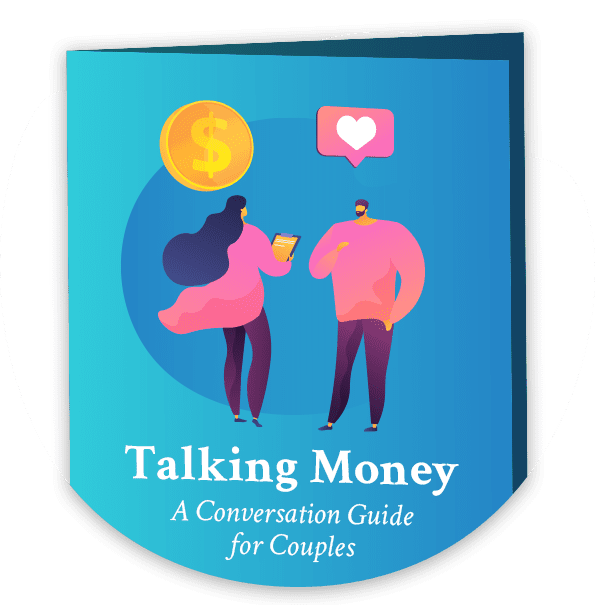Now that same-sex marriage is legal across all 50 states, getting a prenup as an LBTQ couple has never been easier. Still, there are several key considerations to keep in mind when crafting your prenup.
Why Get a Prenup?
A prenuptial agreement is a legal document established before marriage that clearly outlines the division of assets between spouses in the event of divorce.
Beyond the legal constructs, a prenup is a powerful conduit for honest dialogue about financial and family goals with your spouse-to-be. Despite its outdated reputation, establishing a prenup is a great way to signal respect and honesty to your partner.
Not only that, it’s a protective mechanism for both parties and ensures that neither of you is left financially or emotionally shorted in the event of a divorce.
How Are Prenups Different for LGBTQ Couples?

Short answer: they’re not. LGBTQ couples should take the same considerations as heterosexual couples when creating their prenup. These can range from designating who gets the pets to how you set up spousal support.
The nature of many LGBTQ relationships may influence how you approach your prenup. Consider that same-sex marriage was only legalized very recently, meaning that many LGBTQ couples have been in long-term relationships for years before they had the option to marry.
This matters for a few reasons:
LGBTQ Couples May Have More Assets to Protect
The older a person is, the more likely they will have accumulated significant assets or separate property.
Because same-sex couples didn’t have the right to marry for so many years, it’s not uncommon for them to marry later in life. This just means that you may have more assets on the line if the marriage fails, which makes it especially important to have systems in place to protect those assets, AKA a prenup.
LGBTQ Couples in Domestic Partnerships May Already Have Community Property

Before the legalization of same-sex marriage, the only option for LGBTQ couples to receive legal benefits was to establish a domestic partnership or civil union.
A domestic partnership doesn’t grant all of the same marriage rights but allows you to build community property with your partner. Because of this, you and your spouse-to-be may have years to decades of jointly accumulated assets.
You can see how this might make a divorce especially complicated. And while you can’t get a prenup in a domestic partnership, you can be in both a registered domestic partnership and married in the State of California, as long as it’s with the same person.
So if you are in a domestic partnership and intend to marry, you can get a prenup. However, the prenup is only valid once legally married — and even though it may not apply to your domestic partnership, it can apply to any assets that were earned or acquired during the domestic partnership.
BEFORE getting married, what conversations about MONEY should you have with your partner?
Use this guide to discuss budgets, assets, debts, goals, joints bank accounts and more.
Get the guideLGBTQ Couples Face Unique Family Planning Considerations
Adoption, surrogacy, and fertility treatments are more common in same-sex marriages. While you can’t determine child support or custody in a prenup, you can establish guidelines over complex decisions, such as who gets the frozen embryos if you are to divorce.
A prenup provides a medium for meaningful conversations like this and helps to avoid contentious and emotionally charged courtroom battles.
Prenups Are for Everyone

Just as prenuptial agreements have safeguarded heterosexual couples for years, they can also benefit LGBTQ couples the same, if not more.
With more assets to protect and unique family planning situations, same-sex couples may find that a prenup brings them peace of mind and builds a strong foundation for their marriage.
Book a consultation with me today to discuss how to tailor a prenuptial agreement to your unique needs.
